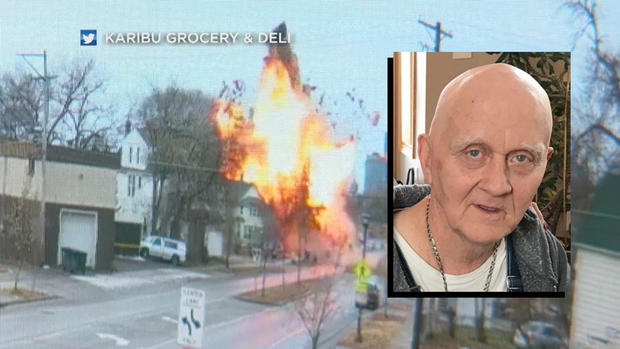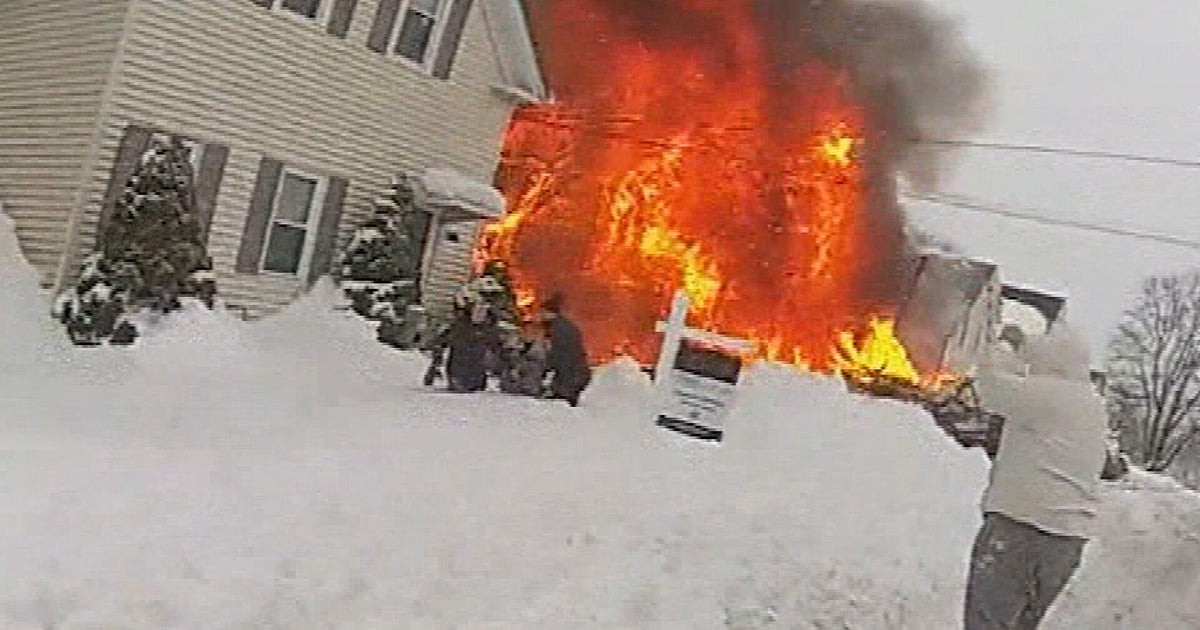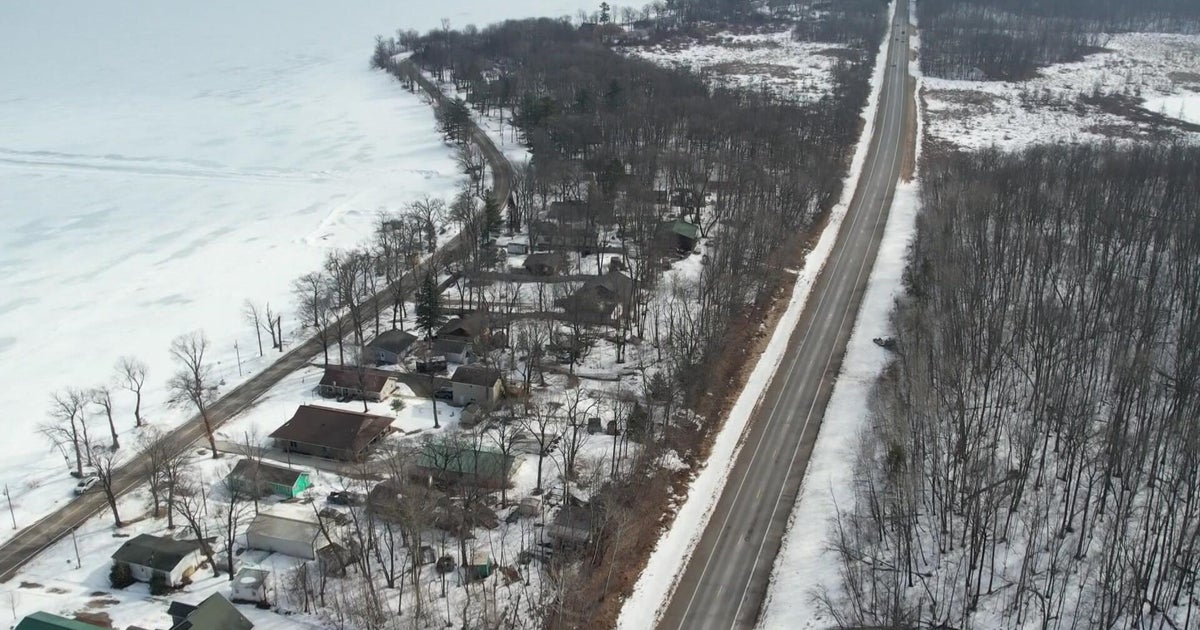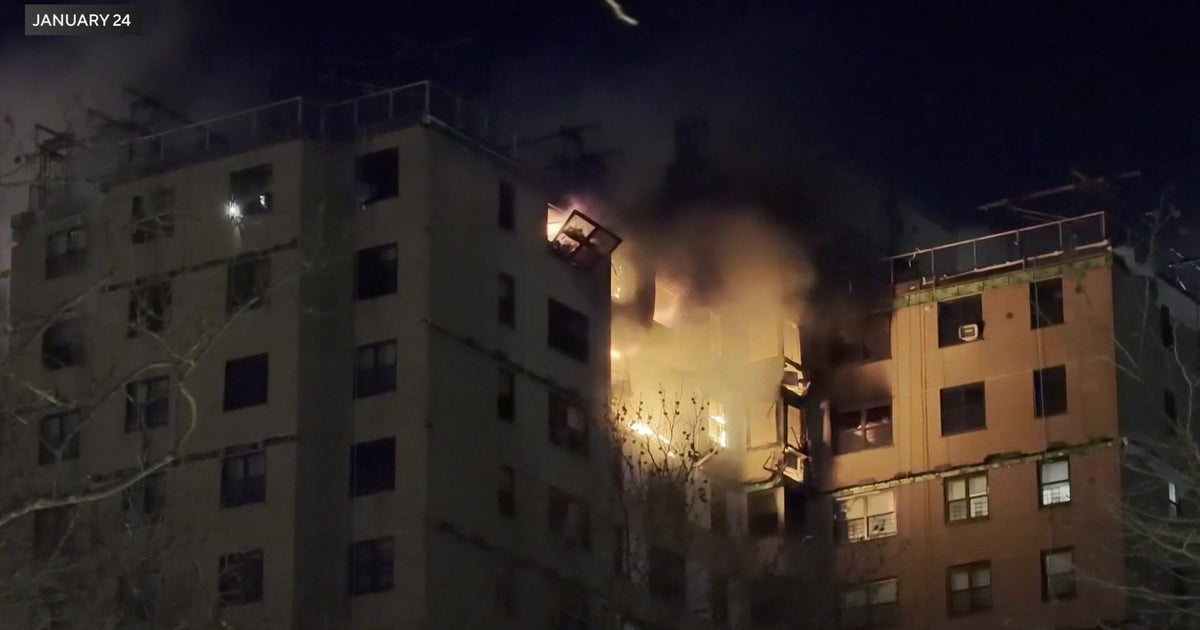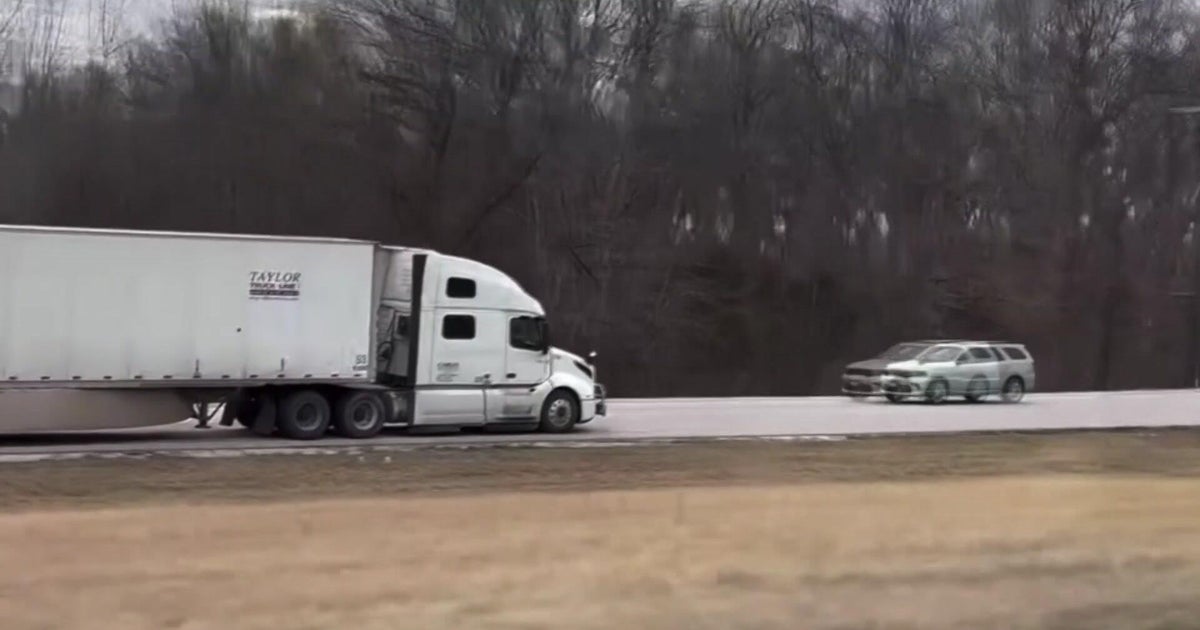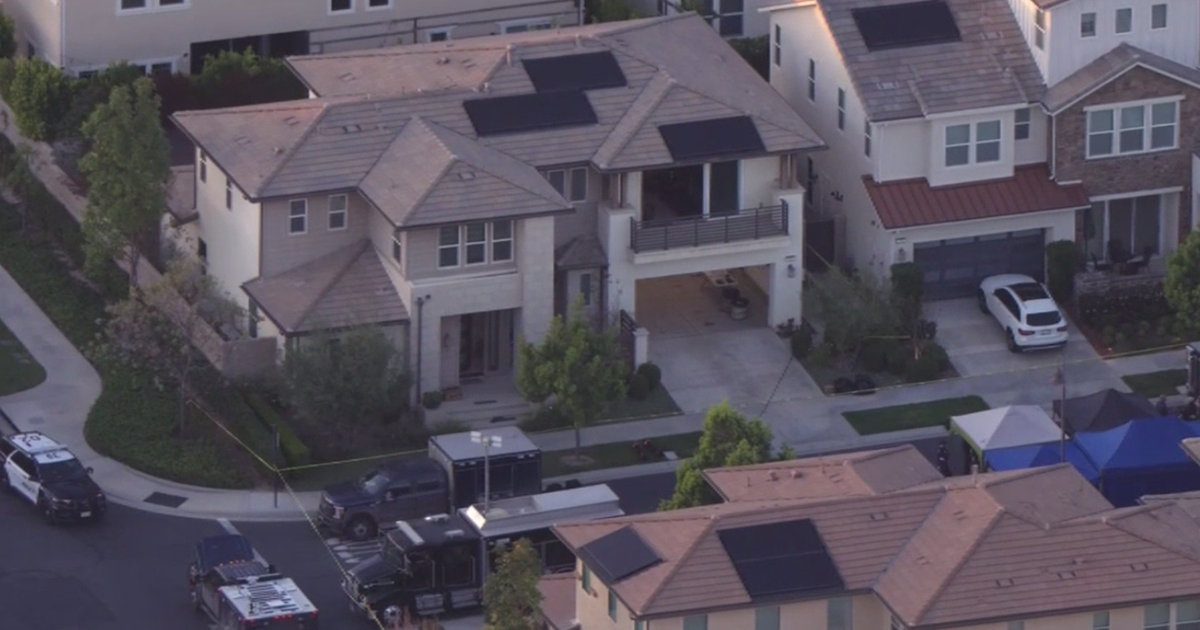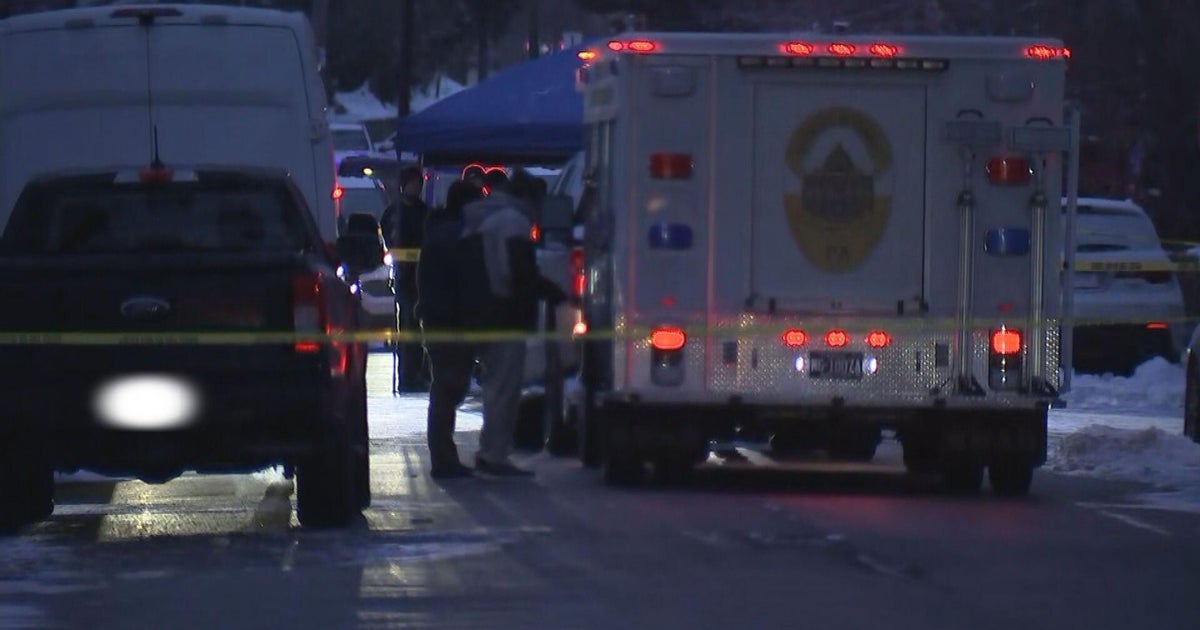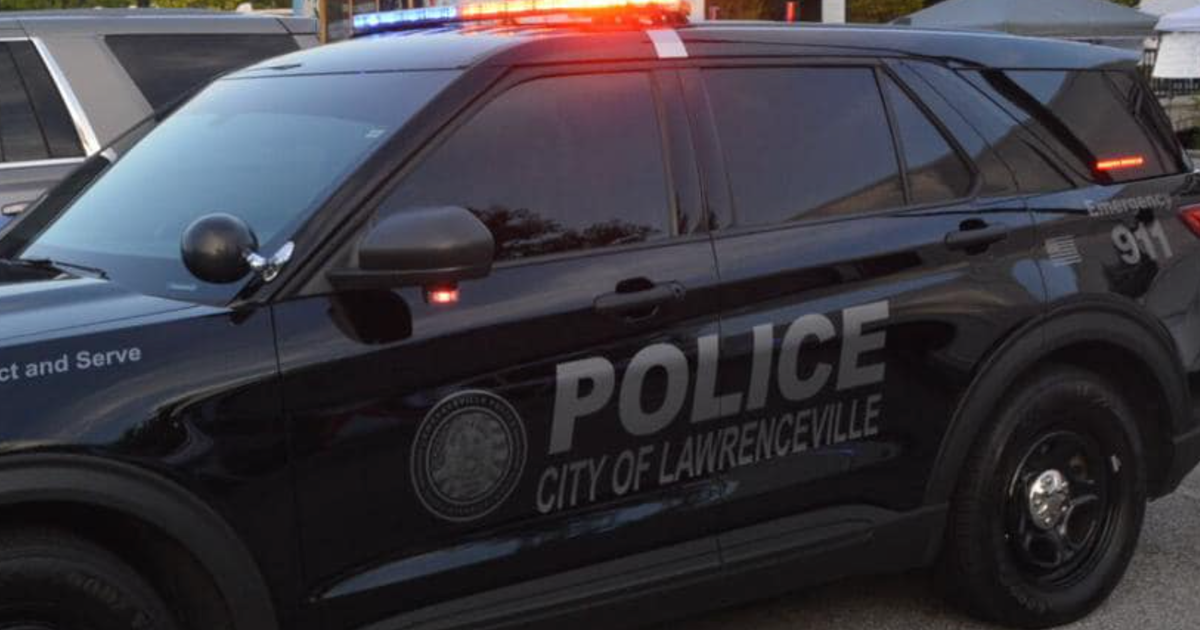What's Underground?: WCCO Investigates What Gas Companies Aren't Telling You
MINNEAPOLIS (WCCO) -- The explosions happen nearly every other day across the country, leveling homes and taking lives – just like the deadly blast that launched John Lundahl's house into the sky last November.
Investigators suspect natural gas filled his home in St. Paul. While the investigation into what caused that tragedy isn't finished, WCCO wanted to know what's happening under our streets and inside our homes.
We investigated why the leaks are sparking calls for a better system to protect Minnesota families.
Dick and Jeanie Lundahl lived in California, escaping every year to avoid Minnesota winters.
"Dick would call Johnny every morning," Jeanie Lundahl said.
It worked as a way to check in to see how Dick's brother was doing.
"That house was his little castle," Lundahl said.
A shy man and former Marine, John Lundahl lived alone in his Payne Avenue home in St. Paul.
"He loved the east side," Dick Lundahl said.
But the day after Thanksgiving, Dick got word of an explosion in John's neighborhood.
"She texts him and said, 'Dad, it's Uncle John's house," Dick Lundahl said.
His brother never got the chance to make his call that morning when the view from this surveillance video made national news.
"We saw the explosion on TV and just, oh my God, how did he live through it?" Jeanie Lundahl said.
He only could for 19 days. John Lundahl died in December.
"I asked him what happened. He says, 'I don't remember,'" Dick Lundahl said.
Conversations from his hospital bed couldn't help his family find answers.
"I said, 'Were you in the basement?' 'I don't remember, Dick.' 'Were you upstairs?' 'I don't remember that either,'" Dick Lundahl said.
Lundahl's home is now an empty lot. St. Paul fire investigators have ruled out a gas leak from outside the house, and Xcel Energy says its equipment wasn't involved. Inside the house, both the water heater and gas furnace remained intact, so investigators have yet to pinpoint an exact cause.
The Minnesota Department of Public Safety Office of Pipeline Safety says in the last 20 years, 96 pipeline incidents have been reported in the state. Sixty were on distribution lines into homes or businesses, causing more than $40 million in damage -- including the 2017 natural gas explosion at Minnehaha Academy in Minneapolis.
Contractors re-locating a meter filled the school's basement with gas. The blast killed a custodian and receptionist. One of the victim's families sued.
"The frequency is low, but the severity is extremely high," Attorney Fred Pritzker said.
Attorneys Fred Pritzker and Eric Hageman settled the lawsuit against Centerpoint Energy.
"People just don't know what's underground and have no way of knowing it's there unless they take extraordinary amount of time and research to figure it out," Pritzker said.
Pritzker and Hageman are not involved in the Lundahl case, but are pushing for more transparency surrounding utility work. Despite layers of state and federal rules, public notifications aren't required, leaving customers in the dark.
"There are leaks all the time," Pritzker said.
Not all pose a risk. Still, some cities recently required companies to report gas leaks in real time, mapping them for customers to see. Boston found one leak per mile across their city. In Dallas, legislation has been drafted, giving gas companies 72 hours to alert neighbors to a leak after a 12-year-old girl died in an explosion.
Right now, there is no immediate leak reporting criteria in Minnesota. Reporting a leak is only required if it meets the federal definition of an incident like a fire, injury or fatality. Both CenterPoint and Xcel Energy say their companies have robust and aggressive leak detection and repair programs. Neither would tell us the number of leaks they have right now.
"I think knowledge is power. I think if people are aware of these risks they can take action," Hageman said.
While the Lundahl's still don't know if there's something John could have done differently, they do know this wasn't the way his life should have ended.
"We're just taking each day as it comes," Jeanie Lundahl said.
The attorneys in this story are in talks with Minnesota lawmakers now about possible ways to improve transparency with utility companies. You might be wondering how you'll know if the pipes running into your home are safe. CenterPoint and Xcel say utility companies own the natural gas meter and the piping that comes into it from the main line. But, customers own the piping that runs from the meter to the gas appliances inside their home. So, it's their responsibility to maintain them.
They recommend an annual check of your pipes and appliances by a licensed plumber.
CenterPoint Energy offers Minnesota customers major appliance maintenance and repair services, as well as replacement heating and cooling equipment through Home Service Plus.
You can find more information about these services at CenterPoint's website.
